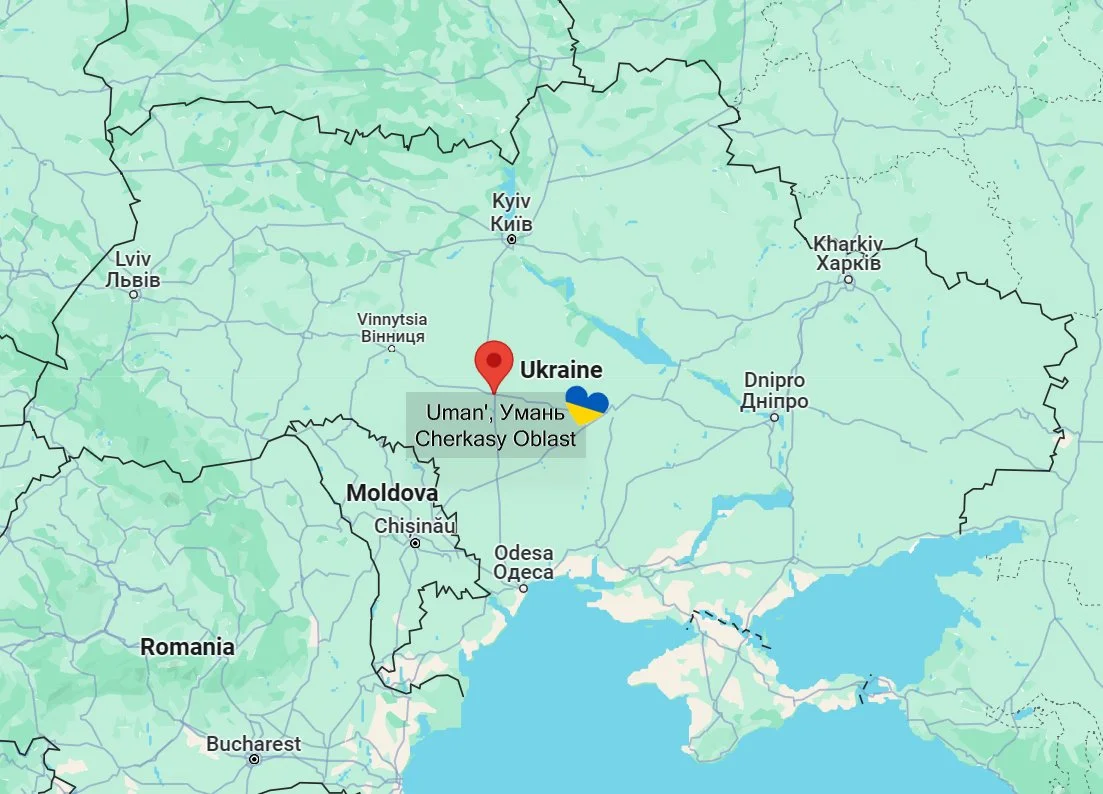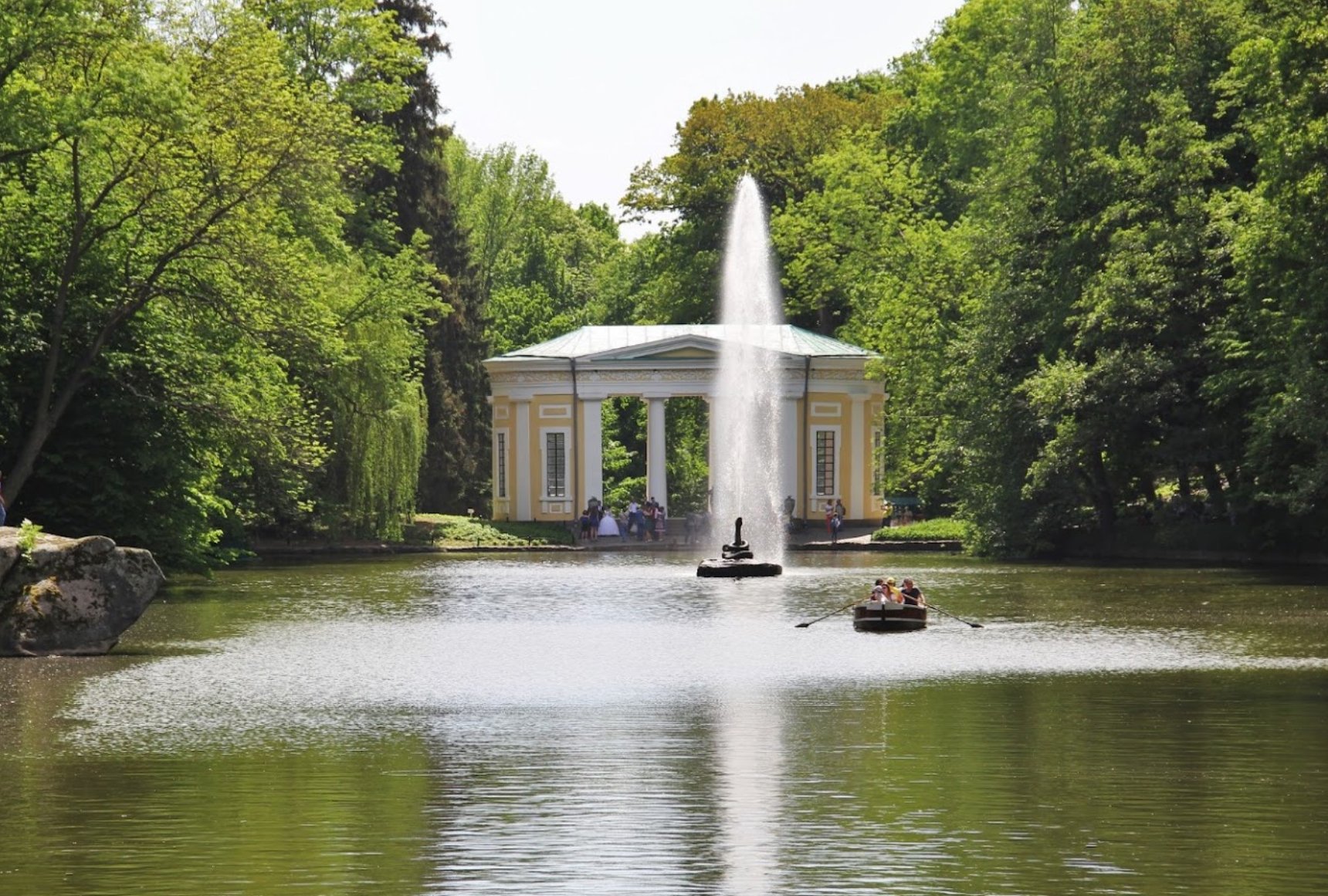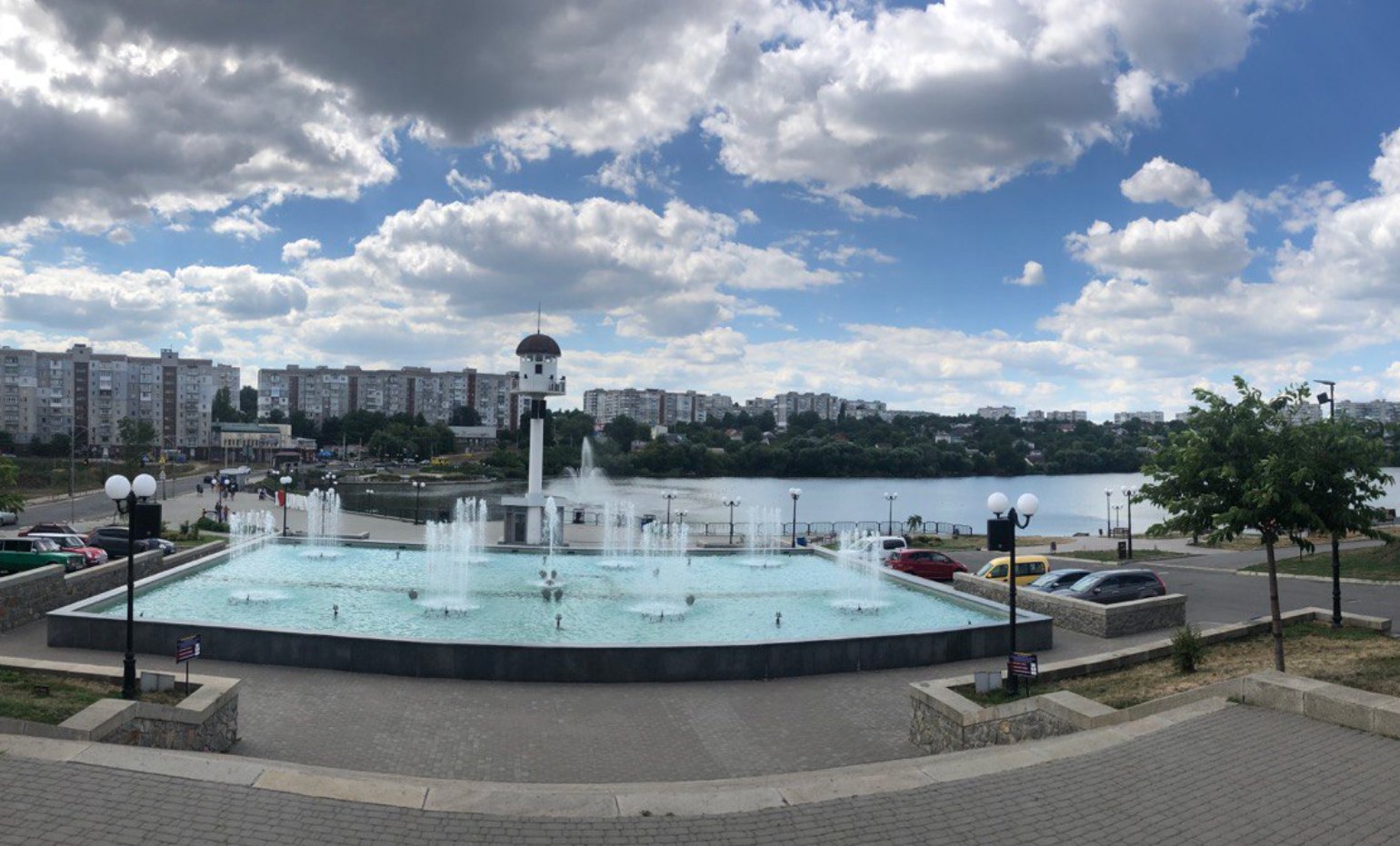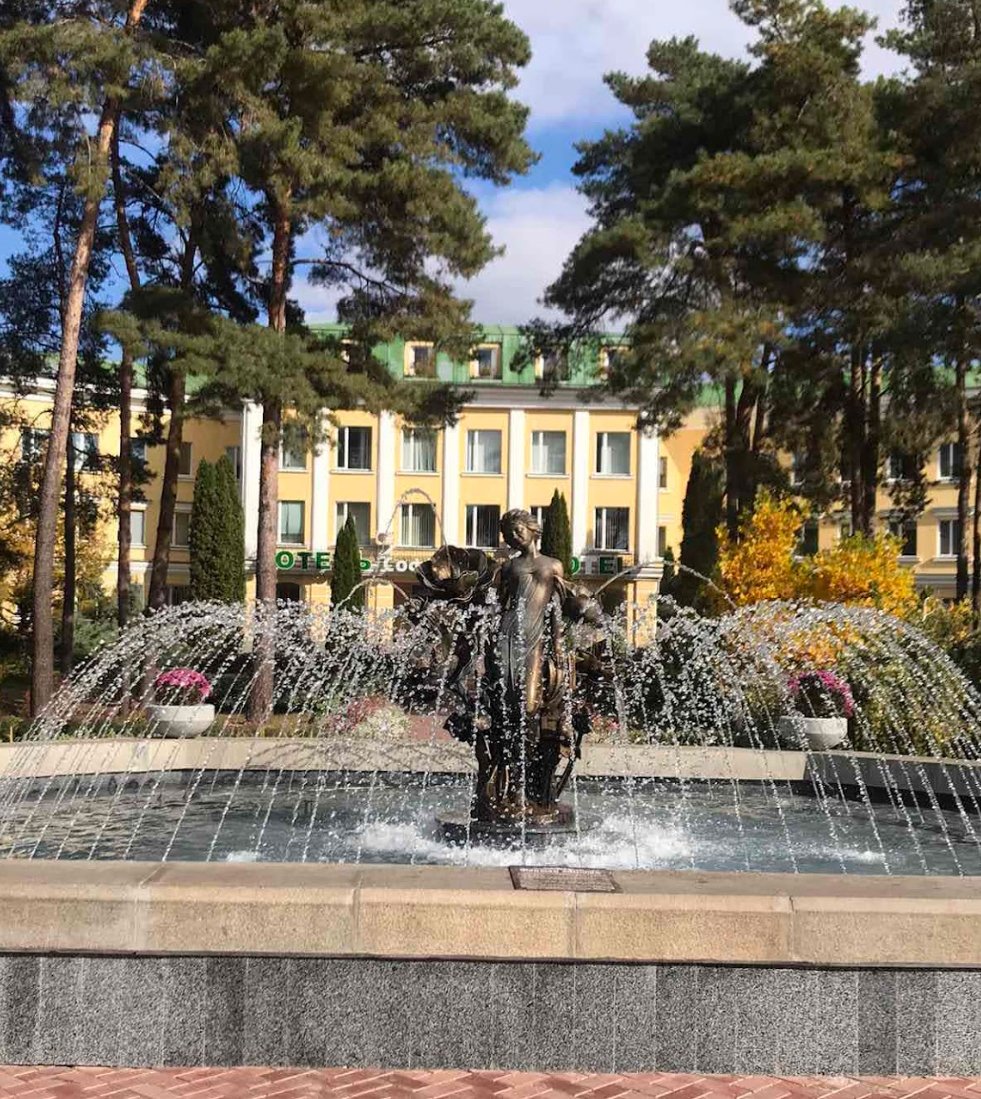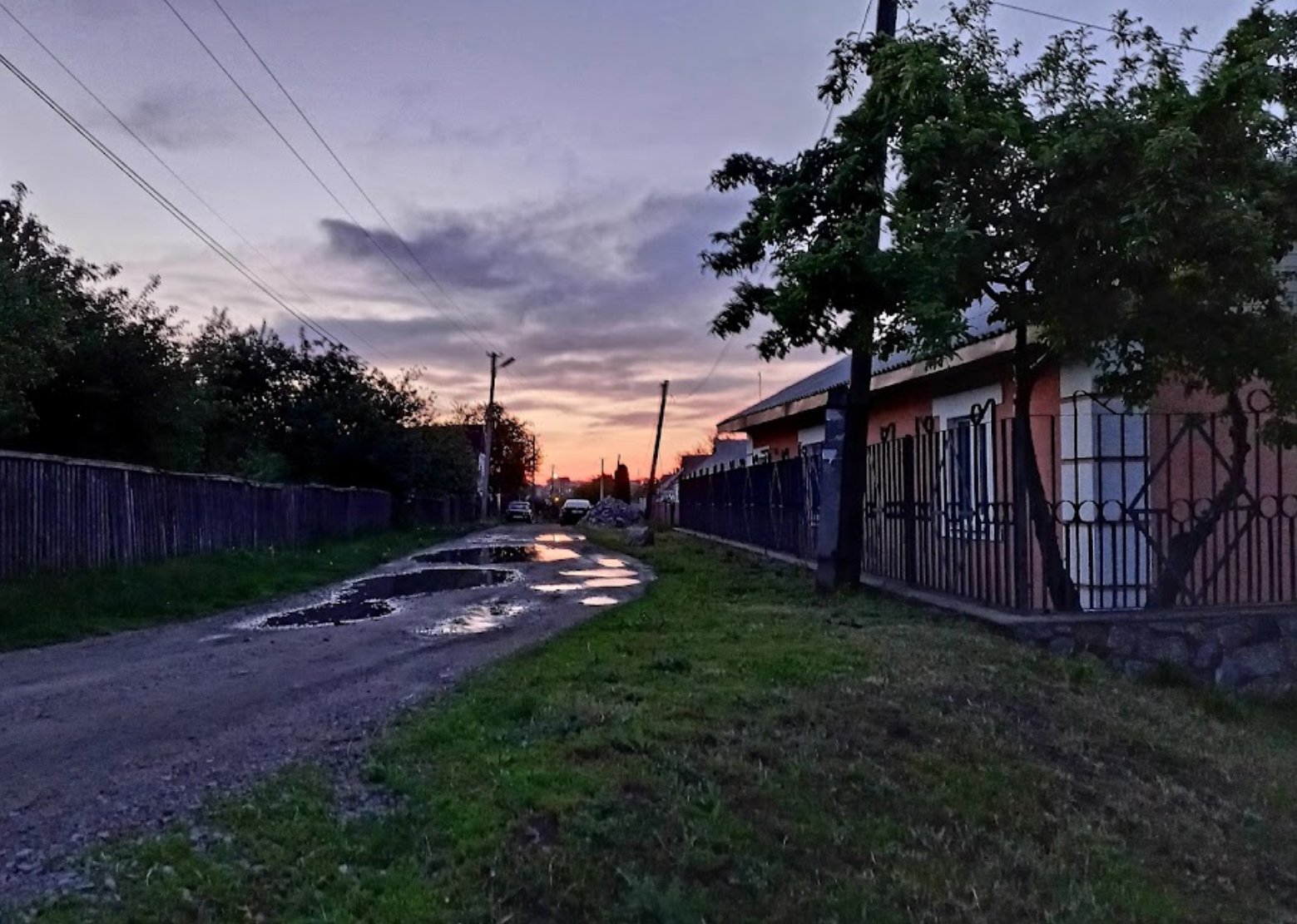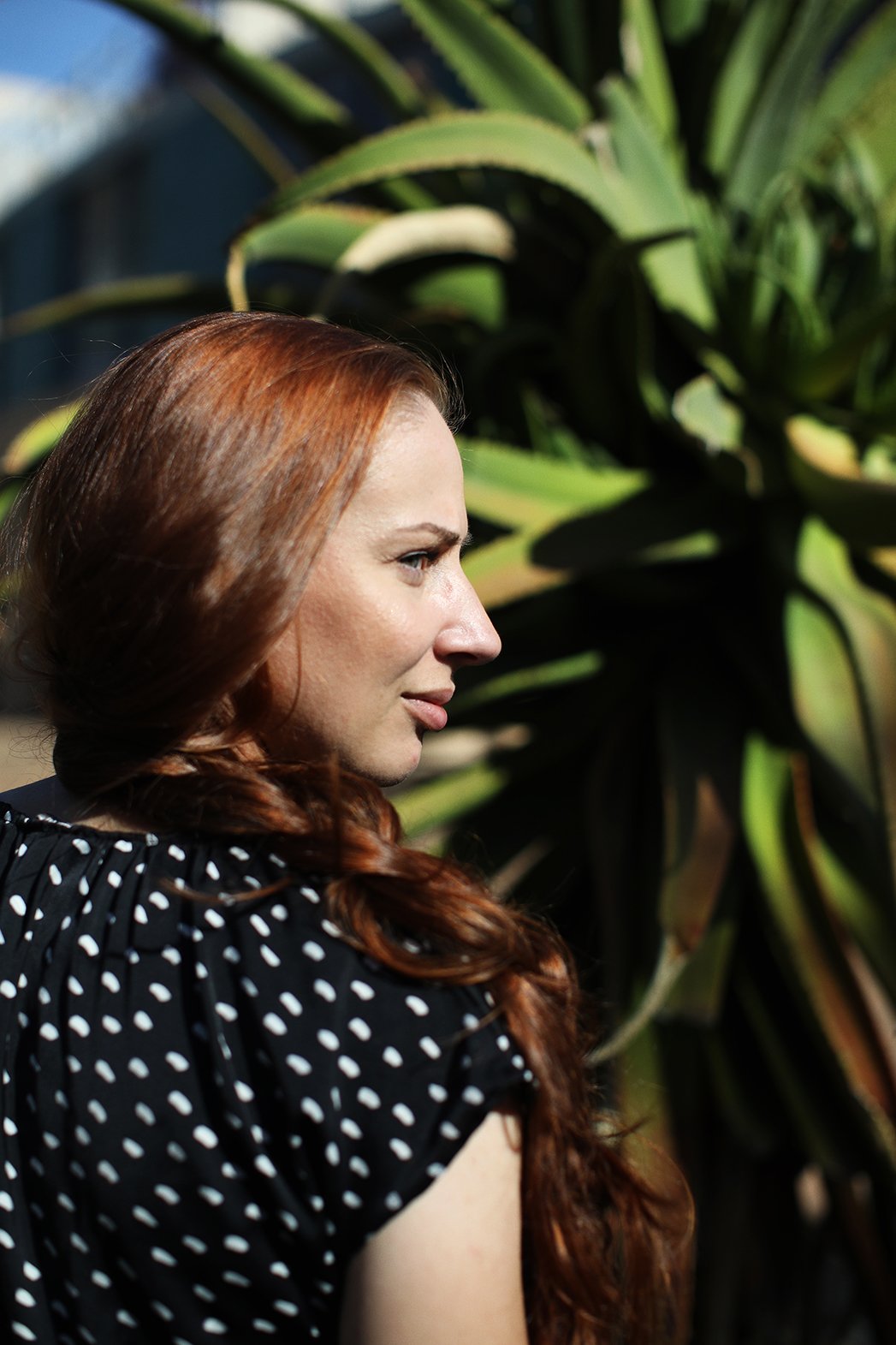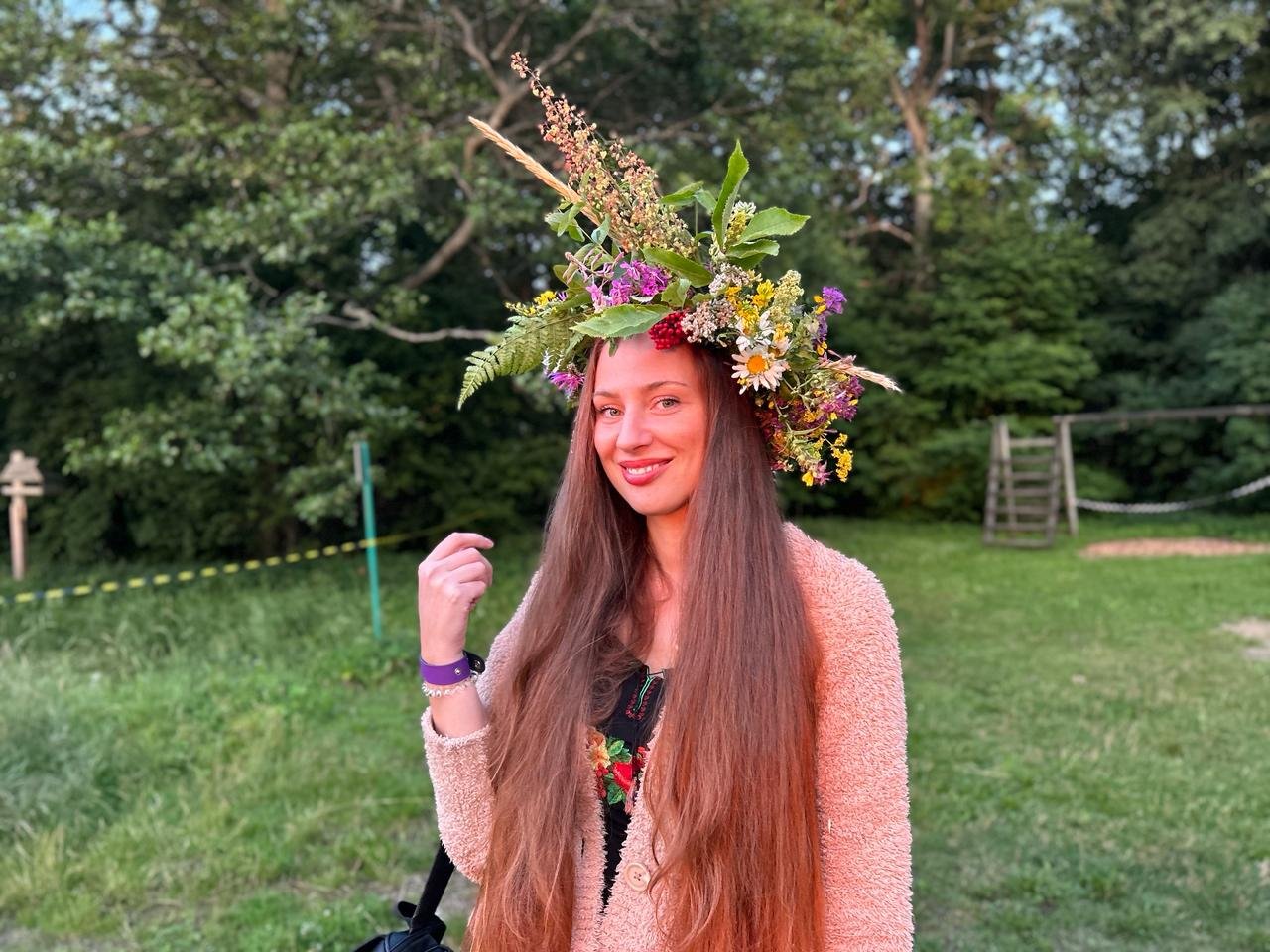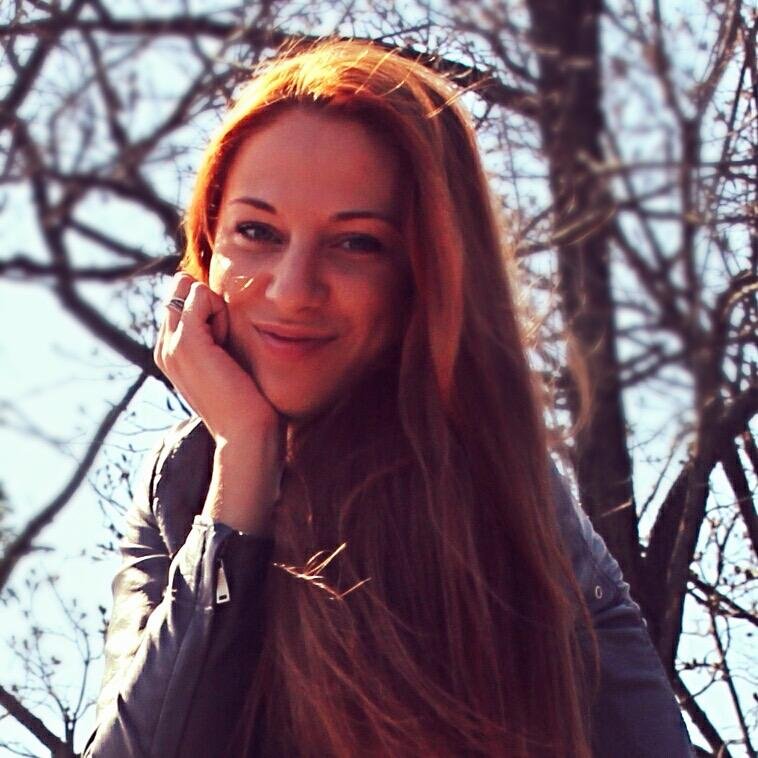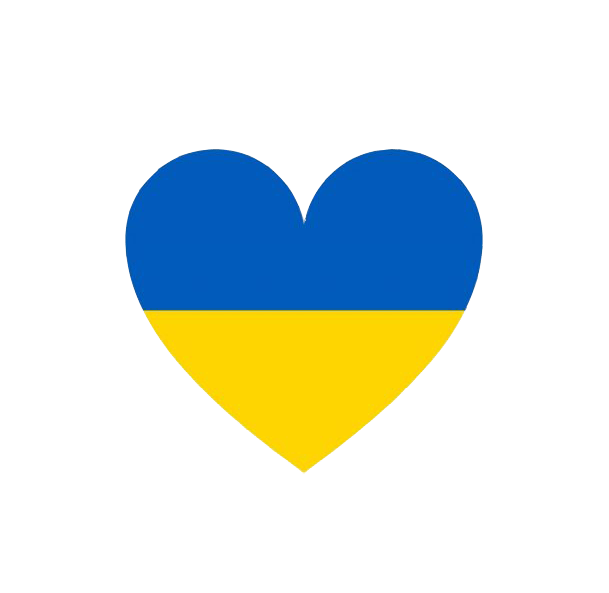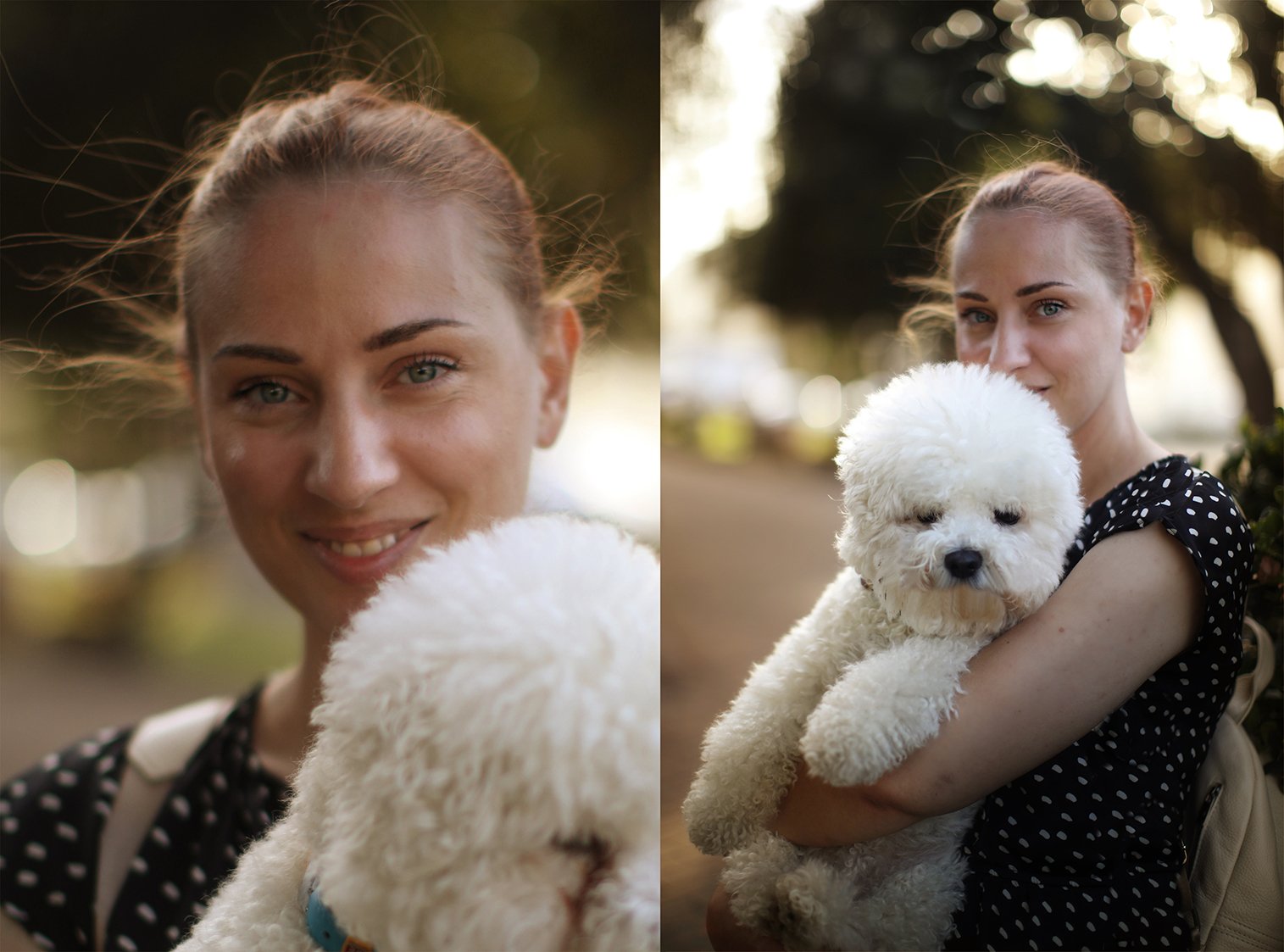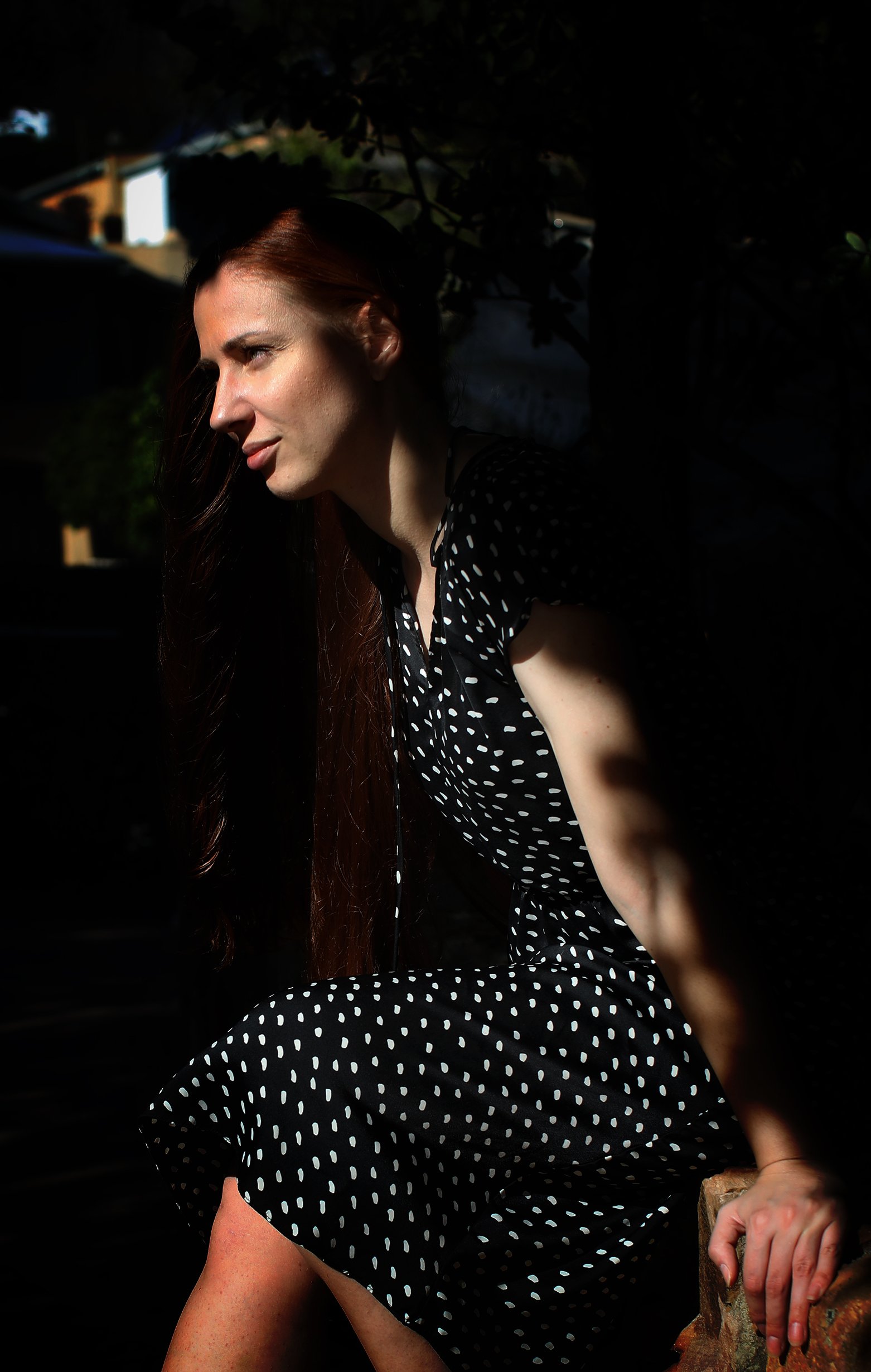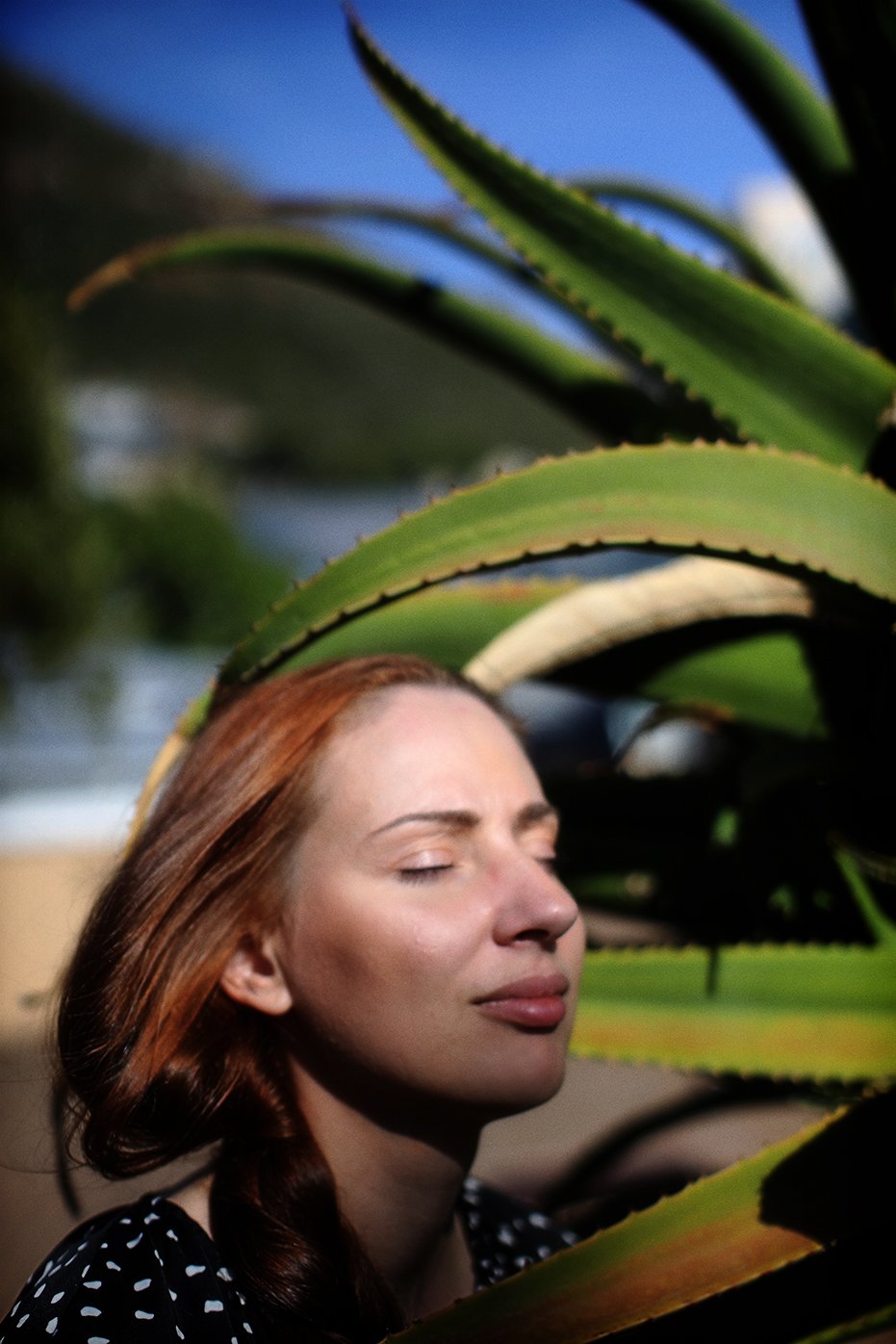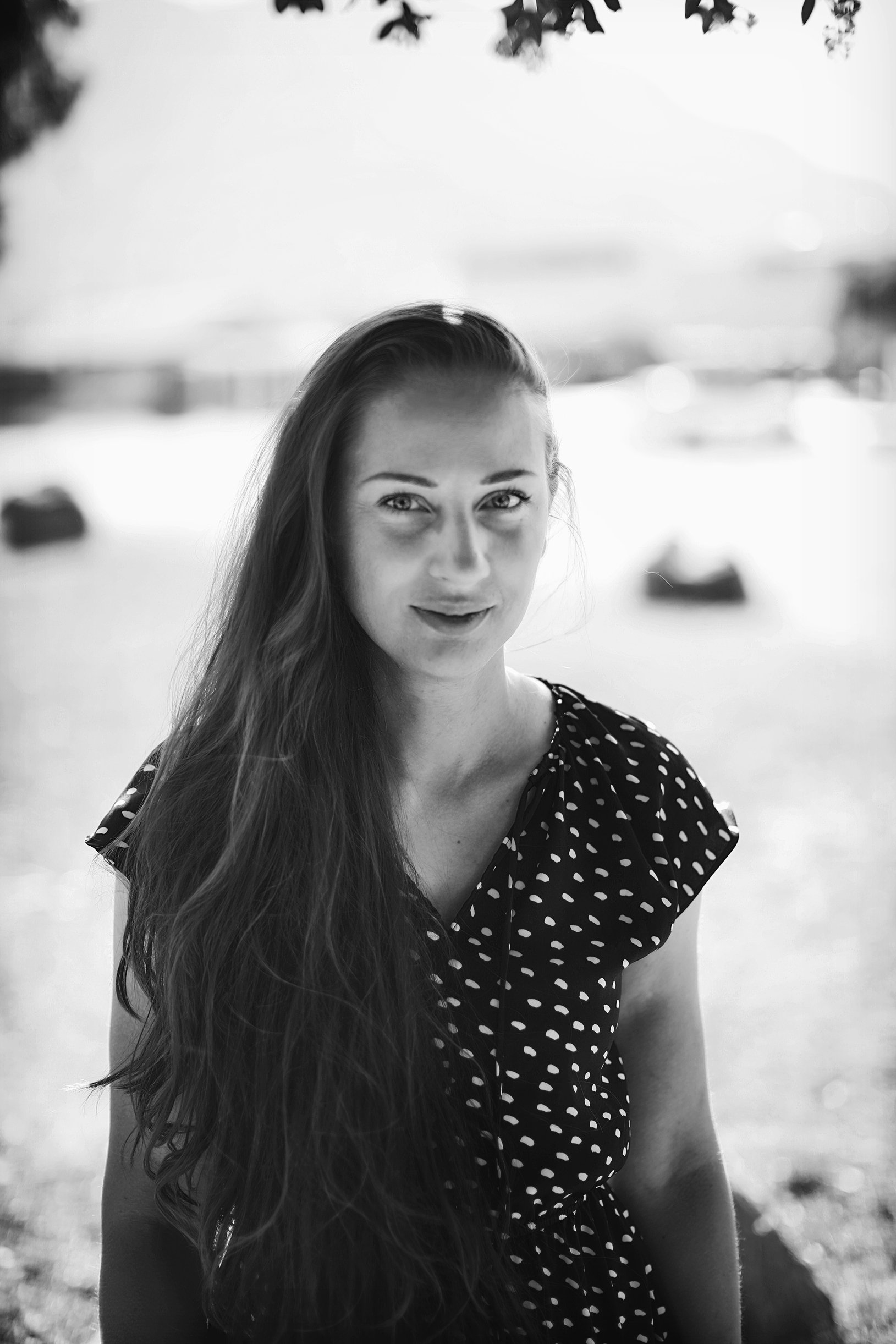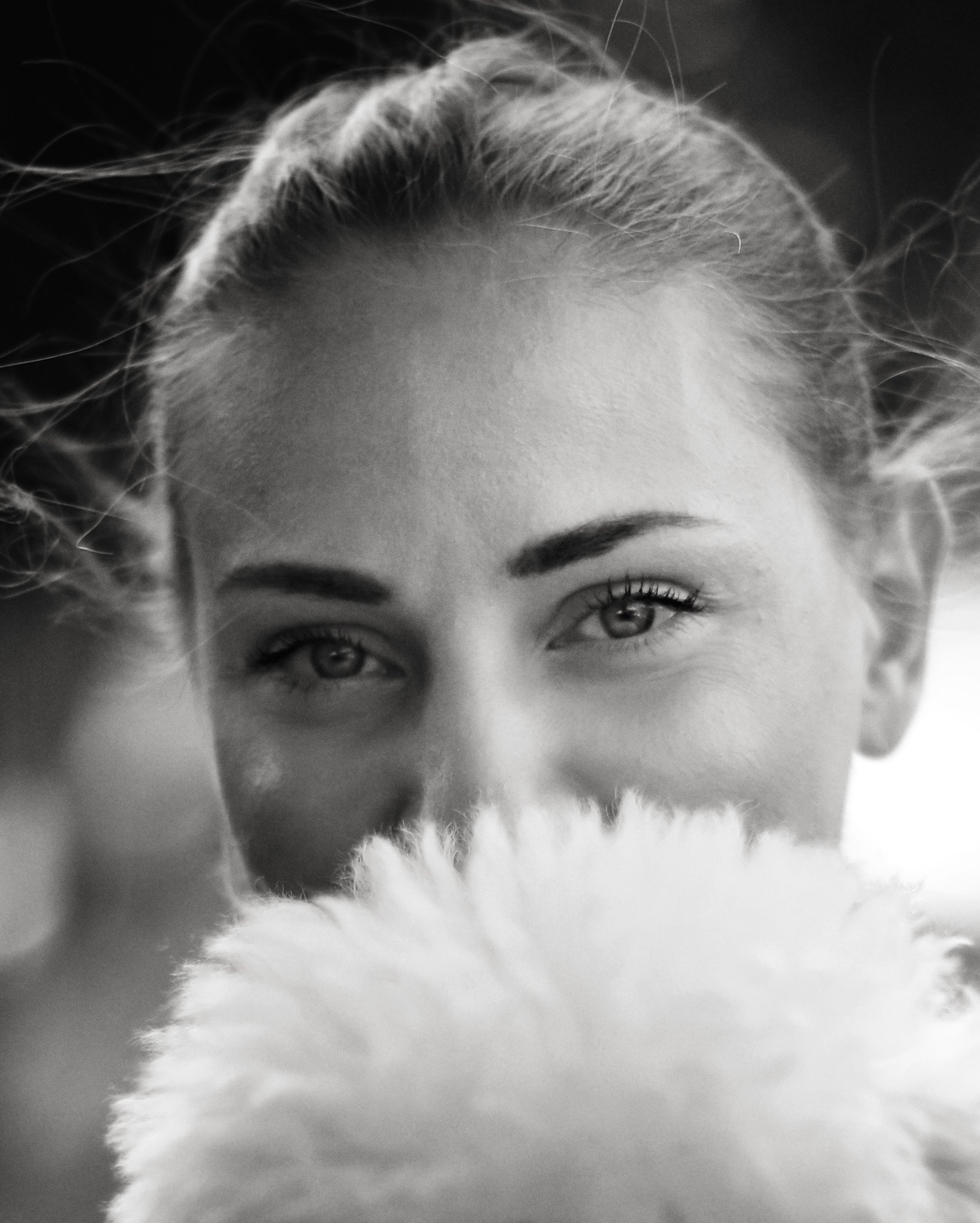“As a Ukrainian immigrant in North America, the longing to be surrounded by fellow Ukrainians has never felt more intense than it does now. Putin miscalculated gravely when he proclaimed that the goal of the war was to “liberate” russian-speaking Ukrainians. A nation that never harbored any animosity toward Ukrainian russian-speakers, nor displayed concerted disdain for russians, suddenly found itself united in a shared hatred for the aggressor's language, imperialist ambitions, appropriation practices, and the harrowing atrocities inflicted upon innocent Ukrainians, including women and children. Russian troops brought russian torture, rape and abductions of Ukrainian children. A remarkable force of unity among 55 million Ukrainians worldwide, not division, commenced. A repulsion for all-things-russian organically led to a voluntary rejection of russian language among russian-speaking Ukrainians, including yours truly.
It's been therapeutic for my soul to connect with strong Ukrainians around the world, but I especially cherish my connections with Ukrainian women who are persevering and braving the aggressor Inside Ukraine or working hard to resist from abroad. Their unwavering commitment and resilience have stirred within me a relentless desire to honor and record their courageous efforts for posterity and share their stories with the world. People of all nations must understand and know our ironclad resolve to remain Ukrainian, free and independent, no matter what.
Among my remarkable Ukrainian WOW Women stands Ms. Olga Kononeko who does her part to support and represent her nation thousands of miles away, in Cape Town, South Africa. Ms. Kononenko’s sharp intelligence and wit are matched only by her dedication to connect Ukrainians with resources and to each other and spread the truth about the full-scale invasion among the citizens of South Africa. Olga spends tireless hours volunteering at Ukrainian events, attending protests, organizing conferences as well as planning and speaking at Ukrainian cultural performances throughout South Africa. A doer through and through, Olga not only donates to the Armed Forces of Ukraine, she also has loved ones defending Ukraine's freedom on the front lines. She is the real deal.”
- Olga Shmaidenko, Founder of WOW Woman.
Media Relations Specialist, Ukrainian Doer, Cape Town, South Africa
1. Name.
Olga Kononenko.
2. Where is your hometown?
Uman’, Cherkassy Region, Ukraine
3. What is your profession/career/title/self-label/designation? What does your average day look like?
I am a Media Relations Specialist. I love my job since it allows me to connect with fantastic professionals in various niches and learn from them first-hand. I love to connect them with podcasters and journalists and share their knowledge with wider audiences. So my average work day is always starting with a cup of hot coffee, then I dive into the laptop to find the media placements for my clients.
4. What did you study in school?
My school was focused on language studies and I was lucky to have fantastic English language teachers. Thus, it seemed logical to pursue that path for my higher education as well. I then studied at the Pavlo Tychyna Uman State Pedagogical University, focused on both Ukrainian and English language and literature. Funny enough, my thesis covered history of the development of the English language in South Africa. At that time Google was not at all a mighty search engine like it is now (can you imagine that?!) and it was really hard to find materials for my project. I really struggled. Who would’ve guessed that many years later I would be living in South Africa.
5. What was the journey like to get where you are (in life and career-wise)? Write about some of the achievements that you are most proud of. What was the moment for you that changed your life (in your personal life and/or career?) that set you on the current path in life?
Oh where to start with this one. When I graduated from University I was issued a referral to be a teacher in a small town in Ukraine’s western region of Zakarpattia. However, during my graduation year, heavy flooding devastated that entire region and affected many local schools with closures; my job prospect fell through. As a new grad I had to carve out a new path for myself, searching for a job that provided me with a decent income as well as enjoyment. After sampling many different things, I was eventually introduced to the cruise ships by a former uni friend. I started as an assistant waiter and was soon running a massive restaurant and accompanying staff. It was a dream job - an opportunity to see the world, meet people from the places I haven’t even heard about before, learn about their culture and traditions. I have been to almost all continents and over 70 countries. But it was hard work with busy schedules and a long time away from family and friends. So eventually I decided it was enough. I will remember those years fondly, all the fantastic people I met and many I still keep in touch with. It was also a place where I met my husband. Taking this career was life-changing and brought me to where I am now.
6. Was there a time when life knocked you down or out and how did you get back up on your feet?
I can't think of a time when I felt knocked down to be honest. I guess I'm lucky or I'm just not seeing the world like that. There were a lot of difficulties and challenges, a lot of mistakes, a lot of “I wish I knew better”. But, thanks to my incredibly supportive family, I never felt alone nor judged, I’ve always felt loved and valued. That feeling to this day helps me keep my feet planted firmly on the ground.
7. Advice for other women?
I don’t feel like I am in a place to advise other women, but since you asked - I suppose my only advice is to never give up on yourself, no matter how hard sometimes it may feel. You are the author of your own story. If you don’t like your story, maybe it’s time to rewrite it. I’ve seen my mom do that as well as my aunt. I’m really proud of them. So I had some great examples to learn from.
8. Where in the world do you feel “tallest” (i.e. where is your happy place)?
There is no place like home, they say. It's 100% true for me. Even though I don’t live in Ukraine at the moment it always was and always will be my happy place and a source of power.
9. What extracurricular activities/hobbies are you most proud of? Why?
I’m not really into hobbies. I do love puzzles, cooking, painting and playing with my doggy.
I’m most proud of being a part of the Ukrainian Association of South Africa (UAZA). I wouldn’t call it an extracurricular activity though. It's more like volunteering. UAZA (uaza.co.za) is a fantastic organisation that unites Ukrainians and South Africans, builds better understanding of each other's culture and historic backgrounds.
Since the full-scale invasion of russian army into Ukraine the organization has focused mainly on financial, humanitarian, informational support to Ukraine and offered help to civilians who suffered the consequences of russian aggression. UAZA in collaboration with other volunteer organizations was also assisting animal shelters in Ukraine (because the rates of abandonment and suffering for pets in war-affected areas are high) and arranging food supplies and basic humanitarian packages for civilians in the most affected by war regions. Currently we are collaborating with The Voices of Children, an organization from Ukraine that provides humanitarian and psychological aid to Ukrainian kids affected by war. I feel really honoured and proud to be a part of this organization.
10. What do you want to be when you grow up? Future goals/challenges?
It's a very hard question to be honest. Two years ago I would have had an answer but everything changed since russia’s full-scale invasion. I will take it one day at a time for now.
11. What/who inspires you?
My parents and my family in Ukraine, Ukrainians inspire me every day. Their resilience in the face of such horrific reality and all the tragedies which were forced upon them. I’m also inspired by Ukrainians around the world who do anything and everything to help those inside Ukraine. And also foreigners who went into the country to help, both to fight and in civilian roles. They inspire me greatly.
12. What are (at least) three qualities you most love about yourself and why? What are your superpowers?
I am a very opinionated person who values critical thinking. I may not necessarily a person who easily gives up on a particular set of beliefs, I am really curious to learn new things all the time. If I set my mind on something it's really difficult to change it. Oh, and my sense of humour; not everyone gets it, I’m afraid, that's why stand up comedy is not my career of choice. If you ask my husband this question, he would call me a “detective” since I have an inquisitive mind and I am very observant. I know I got these qualities from my mom - so the apple doesn’t fall far from the tree for sure.
13. What are you reading now? (What books do you gift most and what are your favourite reads?)
At the moment I’m reading a book about Crimea called “There is Land Behind Perekop”, written by Anastasia Levkova; the novel intertwines Crimean Tatar culture and Ukrainian history. In general, I read modern Ukrainian literature, and I am so happy there are so many new books becoming available. When I was a teenager it was still pretty hard to find modern Ukrainian books or any books written in Ukrainian language. I’m really pleased that this has changed and now I’m able to support Ukrainian authors through book purchases.
15. Who is a WOW WOMAN in your world who inspires you and why? Can you nominate three (or more) women you know who perfectly fit WOW WOMAN description? What would you tell them, if you had an opportunity, about why you admire them?
Truthfully speaking, I have way more than three. My mom and my aunt are my WOW Women, as are my cousins. My grandmother was one as well. You can say I love my family, huh. WOW Woman is every single woman in the Ukrainian army who serves the biggest cause out there - defending our country.
Additionally, I want to nominate:
Oksana Zabuzhko, a Ukrainian novelist, poet and essayist, who inspires me not only through her books but also with her active promotion of Ukrainian culture around the world.
Valeria Subbotina (Karpilenko) with the call sign "Nava", who was in besieged Mariupol and did everything possible to record russian war crimes in the city and passed them along so they don’t go undocumented.
Sofia Bezverkha aka “Krapka.Krapka” who works on popularization of Ukrainian culture and art. I just love the esthetics of her blog and enjoy learning form her about Ukrainian folklore and craftsmanship.
16. Where can others find you/your work (links to websites, blogs, etc.)?
You can connect with me on Twitter under @BatemanOlya
Instagram: @olya_bateman
1. Where were you when the russian attack took place (in 2022 but of course, you can write about the first seizure of land, and about Maidan, and about Crimea)? Did you believe in the possibility of the RF attacking key cities of Ukraine and starting a full-scale aggression?
In 2013 I was working on cruise ships and watched Maidan events on TV. Every call with my family was about the Revolution. When my contract ended and I was on my way home, the russian army was already taking control of Crimea. As I was leaving the ship, an American border control officer asked me if I needed to stay in the US since it may not be safe to go back to Ukraine. I was caught off guard, as I didn't even think how bad it might get. But of course I went home. I went to the Maidan in Kyiv, since it was still standing.
My entire family was taking an active part in supporting Ukrainians who volunteered to defend the country when russian army invaded the eastern regions of Ukraine in 2014. I remember my grandma calling all her friends, collecting warm blankets, warm jackets and shoes for the soldiers. She prayed that there wouldn't be a large-scale war and asked God to protect those defending Ukraine. My grandma was a child of World War II, and lost her father in that conflict; she understood the true impact of war. I know it might sound strange but I'm somewhat relieved she didn't live to see the russia’s full-scale invasion. I honestly don't know how her heart would survive another big war. She was such a kindhearted person and the fighting in the eastern Ukrainian regions of Lugansk and Donetsk was hurting her deeply.
On February 24, 2022, the day russia fully invaded Ukraine, I was living in South Africa. I had been keeping up with the news for some time because there was widespread discussion about the potential for a full-scale Russian invasion since 2021. The tension was palpable. I even suggested to my parents that they come stay with me for a while, but they were adamant about not leaving Ukraine. I was among those who were convinced that a full-scale war would probably occur. I annoyed everyone with questions about whether they had packed an emergency backpack, power banks, fire wood, or gas. I wish I had been wrong. I wish it had never happened.
2. What was your experience of the day the war started? Where did you go and what do you recall was your plan?
On the night of the 24th, I couldn't sleep. I was monitoring news and social media, listening to experts, and trying to find some assurance that my fear was irrational and nothing bad was going to happen. Eventually, I fell asleep, only to wake up around 4 am with the sensation that my heart was going to explode. I reached for my phone immediately and saw “putin's invasion speech”. My heart dropped. I knew the worst of my fears was becoming a reality. I remember it as clearly as if it were yesterday. I can't describe how scared I was to call my parents. I had seen in the news that a missile had landed close to them, and my biggest fear (which persists to this day) was not getting an answer. My mom said they were fine and not to worry (as if that were possible). I then followed the updates in the UAZA chat to see if we were planning to protest or do something. And, of course, everyone was sharing updates about their families, friends, and towns. It felt like that day never ended, as Gostomel, Bucha, Irpin, Sumy, Kharkiv, Mariupol, Kherson, Melitopol... horrific news never ceased. The first time I managed to breathe out was when the russian army was kicked out of Kherson. That's when I felt hope. I believed the Ukrainian army would expel them from everywhere.
3. How are your family and friends doing? How often are you in touch?
My family and friends are all over Ukraine. Some family members are defending Ukraine in the ranks of the Ukrainian army, others donate to the fundraisers. My parents bring grain, sugar and flower to the volunteer center and my aunty makes camouflage nets for the soldiers. Some of my friends have experienced russian occupation. Some were murdered by the russian army.
I call my parents every day. I need to know how they are doing. I try to keep in touch with everyone I know there as often as possible.
4. What concrete actions (big or small) have you taken and continue to take to help Ukraine and the Ukrainian people?
I donate, of course, to different Ukrainian fundraisers. Additionally, I do my best to counter disinformation spreading online. In March 2022, I began actively using Twitter to debunk russian lies and propaganda that were spreading throughout the platform. I joined spaces where people from all over the world, who knew little about Ukraine or had only heard bits from the news, were curious to learn more about my country and its people. I tried to share accurate and timely information with them.
I also met many international volunteers who wanted to help but didn't know which Ukrainian organizations were active that they could support. I shared information with them and tailored it to match the support they offered (to support the front or civilian efforts). For example, MedicsTogether, a self-funded team of healthcare professionals practicing in UK and helping Ukrainian medical community, wanted to donate medical equipment, so I provided them with information about the Unbroken rehabilitation center. They later delivered hospital beds and built good relationships for a continued collaboration and support for Ukraine.
Additionally, I assist our local Ukrainians of South Africa organization with projects and media campaigns to foster more understanding of the russian invasion of Ukraine and its impact on global security, including here in South Africa.
5 Do you feel the war changed you? How? Since the start of the war, has anything surprised you about yourself (how you have handled yourself, remained strong, found inspiration in unlikely sources, etc.), about your country, about your ideas about humanity? What have been some of your epiphanies?
I believe war affected me in many ways. I became more motivated and driven but less compromising, I suppose. I learned to pay less attention to people who are trying to hurt you and instead focus on those who are willing to help and support you.
Epiphanies - well, I suppose that many world organizations and media outlets that I used to consider effective turned out to be completely corrupt. Human rights organizations turned out to be bystanders and oftentimes active supporters of human rights violations. This caught me by surprise.
6. In your opinion, how do Russians differ from Ukrainians? Do you want justice for Russians? Do you think it is possible and what would you like to see happen?
Ukrainians, who endured generations of oppression, developed a remarkable ability to preserve themselves against all odds. This resilience became a defining trait for the majority. Ukrainians possess a strong national identity, deeply rooted in culture, language, and a history of resisting foreign domination. Given the frequent suppression and banning of the Ukrainian language (more than 130 times), folk songs emerged as a vital means of preserving language and traditions, ensuring their transmission through generations. In Ukraine, there exists a folk song for virtually every subject. Ukrainians typically prioritize individual freedoms, rights, and self-determination, fostering horizontal connections to reduce reliance on government in favor of self-governance.
In contrast, russian identity has been shaped by a history of empire-building, which involved appropriating cultures and suppressing the voices of diverse ethnic groups enslaved under centralized russian authority. Influenced by a tradition of deference to authority, along with groupthink and an imperialist mindset, the majority of russians embrace a collective identity and loyalty to the state, often sacrificing individual freedoms for the pursuit of “national greatness”.
7. What do you want the world to know/realize/understand/appreciate about Ukrainians and Ukrainian women in particular?
I would like to quote my tweet:
“I want people to understand that Ukraine is not fighting for a right of self-determination - it is a self determined country. It’s not fighting for freedom since it's a free country. Ukraine is not fighting for independence - It’s been an independent country since 1991. Ukraine is fighting the russian occupation force that came to kill everything Ukrainian - erase our identity, kill Ukrainian people as well as appropriate our culture and our achievements.”
As for Ukrainian women, they are incredibly strong and resilient. There's nothing a Ukrainian woman can't handle. Since World War II, Ukraine's population ratio has been skewed, with over 54% being women. Consequently, they've had to be adaptable, resourceful, and determined. Ukrainian women actively participated in resistance movements and voiced their opinions strongly, playing significant roles in shaping the country's history. They continue to do so today.
Many Ukrainian women volunteer for military service, while others engage in volunteer work to support both civilians and the military efforts.
8. What is it like to live outside the country right now and keep connecting to your family and loved ones inside? Can you please describe to those who just can't relate to this on a personal level?
I feel torn between two worlds and two lives and it feels like I'm not living either one of them. There exists a certain level of guilt and sadness inside me, for not being there for my loved ones when they need me the most and not being able to protect them.
9. Do you have plans to live in Ukraine again? What do you feel is the right approach to eventually encourage all the people who left the country (~6 Million Ukrainians) to eventually return?
I was thinking about it, to be honest. So let's see.
I think the way to encourage those who fled the country to return depends a lot on establishing security for the country. I feel many would return when they know it's safe to do so and the war will not reignite again. Rebuilding the country would be vital - especially in the areas that were completely destroyed by russians. People need homes to come back to. This should be via government initiatives, international aid, and private sector involvement in rebuilding efforts.
Social and economic support for those who are returning and their smooth reintegration into society are also important. Providing incentives such as housing assistance, job placement programs, education opportunities and financial support can make it more feasible for the majority of Ukrainians to return.
10. How do you see dynamics changing inside the country, with attitudes toward those who left vs those who stayed? Do you think that Ukrainians who left the country have a specific responsibility toward their homeland?
The dynamics are indeed changing, but I see it as a natural progression. Those who left the country are still connected to it through friends, family, colleagues, and acquaintances living in Ukraine. However, their experiences are not the same. They only witness what Ukrainians in the country are enduring on a daily basis. I'm not suggesting it's easy; far from it. But it's a different reality. It's natural for refugees escaping the war to adjust their lives, seek employment, enroll their children in school, and so on, as they adapt to a new country. Meanwhile, those in Ukraine continue with their daily lives, albeit with one significant difference—they live under the constant threat of violence. This ongoing stress affects their psychological well-being and alters their values.
Collective trauma often fosters a sense of solidarity among people. It's natural to form stronger bonds with those who have shared similar experiences; they understand each other better. Conversely, individuals who haven't undergone the same hardships may feel more distant, as they struggle to comprehend the depth of those experiences.
My firm belief is that every Ukrainian must actively engage in supporting Ukraine, regardless of their current place of residence, year they left Ukraine, or the number of family members still residing inside Ukraine.
It is our collective responsibility to support Ukraine, to ensure it’s survival, to help Ukraine win! In my experience, I've learned that the one person you can always rely on is yourself. Expanding that principle to a broader scope, the one nation we should rely on is ourselves, the Ukrainian people.
Our fellow Ukrainians inside Ukraine are enduring bombings, occupation, torture, rape, deportation, and death. They urgently require help, support and solidarity. Those of us residing in safer countries have a moral obligation to provide aid, whether it's through disseminating information, offering financial support, contributing to military or humanitarian efforts, or exerting public pressure on foreign governments.
11. What is it like to witness the country from the outside, evolve and grow with incredible difficulties of surviving aggression and atrocities?
Witnessing Ukraine evolve while facing russian invasion comes with a mix of emotions. On one hand, there is a sense of admiration for the resilience and determination of Ukrainian people as they remain strong and life-loving. The strength of Ukrainians spirit inspires me and gives me hope in humanity.
However, it is deeply distressing to witness the suffering and hardship endured by my people. Sometimes the feelings of anger, frustration and helplessness overpower me. No matter what I do I feel it's not enough. I want to do more, help more and motivate more people around me to do more.
12. What will be the first thing you’ll do when Ukraine wins? What are your dreams for yourself and your family after the war is finished?
I think the first thing I'll do is go home. I would pay tribute to those who sacrificed their lives for our victory.
I believe it's crucial to honor every returning defender, acknowledging their role in securing a free Ukraine.
And, of course, I would love to embrace my parents, family, nephews, nieces, cousins, and their families.

